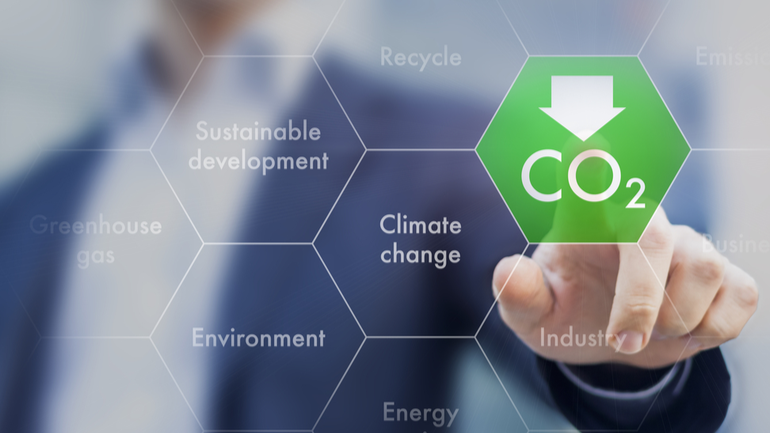Axiata Group, a Malaysian multinational telecommunications group with widespread operations in Asia, has signed a commitment to the Science-Based Target Initiative (SBTi), formalizing their intention to set a long-term science-based target of reaching net-zero carbon emissions by 2050.
Axiata claimed in a statement that it is the first Malaysian telecommunications provider to implement the SBTi, joining more than 50 mobile carriers worldwide in rapidly addressing climate action. The Carbon Disclosure Project (CDP), the United Nations Global Compact (UNGC), the World Resources Institute (WRI) and the World Wide Fund for Nature (WWF) are driving this project, and the SBTi is the primary partner of the Business Ambition initiative for the 1.5°C campaign.
The Science Based Targets project, in collaboration with the UN Global Compact and the We Mean Business Coalition, is leading the Business Ambition for 1.5°C. This campaign is an urgent call to action for businesses to establish net-zero, science-based objectives in accordance with a 1.5°C future in order to avert the worst effects of climate change.
The SBTi commitment reinforces Axiata’s Net-Zero Carbon Roadmap, which is set to begin in Q1 2022 with the objective of lowering the company’s carbon footprint by reducing emissions from its network and connectivity processes. These activities are the major contributors to its environmental effects, according to the Scope 1 and Scope 2 definitions of carbon emissions.
With the Paris Agreement, the United Nations’ Sustainable Development Goal 13 on climate action, and the GSMA’s ambition of net-zero carbon emissions for the mobile sector by 2050, Axiata intends to become a next-generation digital champion. Axiata’s President and Group CEO, Dato’ Izzaddin Idris said: “ As we invest in network expansion and continue to improve our coverage with newer technologies, we are cognizant of the need to mitigate the environmental impact from current and potentially higher energy consumption whilst also implementing innovative solutions to address our energy needs.”







